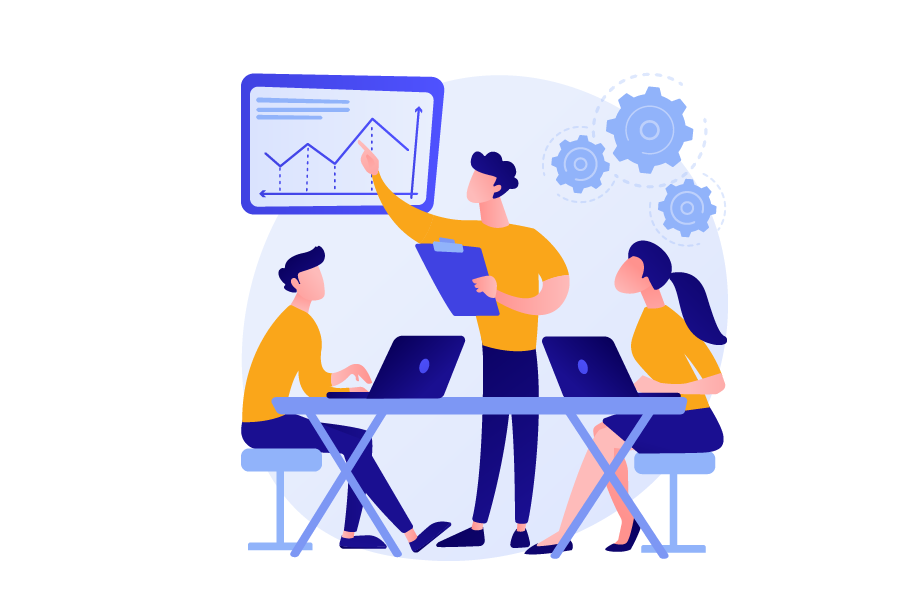HR systems provide companies with a multi-faceted approach to all staffing considerations. For example, issues may include attracting the right staff, monitoring employee performance, and highlighting areas of training that could lead to greater staff retention rates.
This guide aims to explain some of the common features of HR systems in relation to performance tracking. If you are unsure as to whether your company will benefit from HR software for performance management, check out the answers below for a greater understanding of what HR systems can do for you (you can also read more about cloud-based HR software).


Performance analytics
HR software can add value to your company by helping to manage employee performance. But how? It begins with analytics. Depending on the nature of your brand, the key performance indicators (KPIs) surrounding staff performance may vary.
In general, factors such as time taken to complete tasks and whether completed tasks contributed to a positive return on investment (ROI) can serve to indicate whether the staff member’s contributions have been effective.
Customizable and flexible reporting tools can help your HR teams to better understand the nature of employee performance, which can lead to further actions being taken in the best interests of the business.
Staff reviews and feedback
Robust HR software provides your HR teams with access to prebuilt questionnaires and evaluation templates. Staff who complete the feedback surveys can highlight any issues with their role and even make suggestions that may lead to a better allocation of resources (which can ultimately contribute toward faster and more efficient task completion).
Feedback forms can also help to highlight where employees are unhappy in their roles. Following further investigation, it may be that the staff member may benefit from redeployment within the firm, for example.
Staff training courses
Some HR software may come with access to training courses. Almost all HR software will come with tracking tools that allow your HR staff to track and record any training that has been undertaken.
Where there is a clear discrepancy between staff members that are performing well and others who are underperforming, the issue of training (or lack thereof) may be highlighted as a salient matter that requires attention.
Implement improvement plans
Expert level HR software should provide users with the ability to deliver short and mid-term improvement plans regarding staff performance (the bespoke design of such plans may be a built-in feature of the software).
Ostensibly, the purpose of a staff performance improvement plan is to guide employees towards finding more effective ways to reach task completion. However, the company will also benefit from teams that are better equipped for the task at hand, as they will be ready to deliver faster and more accurate results.
As a final tip …
Always look out for HR software that enables easy integration with other relevant tools such as email and calendars. Where the HR tools allow you to instantly and easily integrate all other useful software, you will save time in migrating data between systems (freeing up HR staff to focus on planning and achieving daily core objectives).